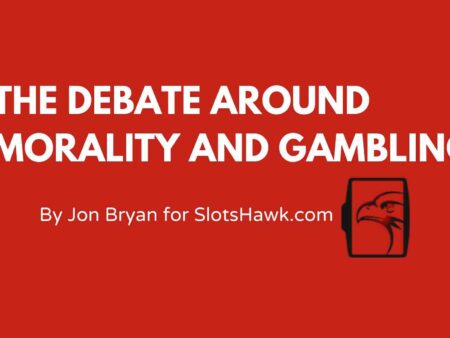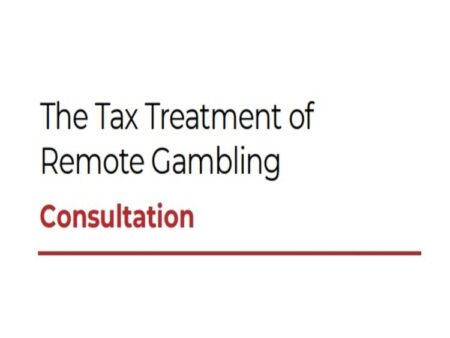Expected reading time 5 mins
Last Updated: August 31, 2025

Written by Jon Bryan
Jon Bryan gives a run-down on gambling and politics in the UK over the summer period.
CONSERVATIVE RESHUFFLE BY KEMI BADENOCH
While some will have thought a reshuffle on the Conservative front bench is equivalent to moving deckchairs on the Titanic, the appointment last month of Nigel Huddleston MP to Shadow Secretary of State for Culture, Media and Sport was one that stood out.
Huddleston’s appointment was welcomed by the Betting and Gaming Council, with CEO Grainne Hurst stating: ‘He knows our industry well and has always championed evidence-based policy and open dialogue’. Not every politician has had that sort of welcome, and it means that three politicians with ministerial
experience of the gambling remit now sit in the Shadow Cabinet: Stuart Andrew and Chris Philp being the others.
Although the Conservatives remain in opposition, and are not that influential, some will take the positives from this appointment. Along with the continuation of Louie French MP as Shadow Minister for Sport, Gambling and Civil Society, there are now some differences between the Conservatives and Labour on the issue of gambling, which were not apparent in the last parliament.
REFORM UK AND NIGEL FARAGE
A recent appearance at Goodwood gave the leader of Reform UK, Nigel Farage, the opportunity to speak about gambling, racing, and his views on the government raising taxes on gambling. Neither Farage nor others in Reform have said that much about gambling since they became a bigger force in UK politics 12 months ago, which is a surprise given his views about the nanny state and gambling that he has spoken about before.
Whilst watching the horse racing at Goodwood, Farage said he felt other MPs were ignorant about gambling, and that many assumed ‘all gambling is bad, that all gambling leads to ruin’. He also said that ‘there are checks and safeguards in place already’, and that there is a danger of the government causing ‘enormous damage’ by increasing gambling taxes. The Racing Post and Racing TV seemed to welcome his intervention.
THE LIBERAL DEMOCRATS
As the spokesperson for the Liberal Democrats on Culture, Media and Sport, as well as the MP for Cheltenham, you might think that Max Wilkinson would take a liberal and welcoming approach to gambling. However, in a debate about the Football Governance Bill this summer, he proposed that there should be a ‘Duty not to promote or engage in advertising and sponsorship related to gambling’.
This censorious clause did not progress, as Max Wilkinson MP recognised that ‘the numbers in the room’ meant that they would lose any vote. However, it is concerning that such an illiberal suggestion was put forward by a political party which, by its very name, is supposed to be a little less judgemental and dictatorial.
THE GREEN PARTY
Amidst all the discussion about proposals for the government to increase the tax rates for online gambling, which former Prime Minister Gordon Brown was trying to promote, the Green Party decided to get in on the act. It soon became clear what they thought about gambling when their press release talked about ‘predatory firms’, an advertising ‘barrage’, and that gambling does ‘enormous damage to individuals and communities’.
This was combined with their support for increasing the taxes on gambling, but it was also clear that the Greens did not think that attacks on gambling should just stop there. Ominously, the Green Party mentioned that this should just be ‘the start’ of things to come.
For those who think the Greens are likely to be radically different to the larger political parties, on this issue, it seems they are only distinguished by wanting a harder line.
THE LABOUR PARTY
With so many MPs in the House of Commons, and such a diverse range of opinion amongst them, it is difficult to know who represents the dominant view of the Labour Party on the issue of gambling.
Over the summer, Dr Beccy Cooper MP had a pamphlet published by the Fabian Society in July, where she said, ‘the gambling industry places a heavy burden on society’. This is a radically different take to that of Richard Baker MP. In August, he wrote: ‘The gambling industry provides a lifeline for sport and communities’. Both Baker and Cooper were elected as Labour MPs last year but appear to take very different approaches to the issue of gambling.
Meanwhile, the veteran Labour MP Dawn Butler has spent the summer campaigning for a new Gambling Act. Arguably, this is a little premature, as some aspects of the 2023 Gambling White Paper are yet to be implemented. However, she seems to have identified this as a key proposal to rally anti-gambling sentiments.
Finally, we have had the previous Labour Prime Minister, Gordon Brown, campaigning to increase taxes on gambling to solve child poverty for half a million children. His proposals received significant coverage, as well as some criticism from the gambling industry. I’ve written about this initiative elsewhere and critiqued the proposals. They certainly didn’t go down well amongst the industry. The Betting and Gaming Council warned of ‘dire consequences’ if the proposals were implemented, and said it is no wonder that ‘Reform is on the rise when our politicians look down their noses at what millions of working-class people choose to do with their own money.’
CONCLUDING COMMENTS
For those interested in the stance that political parties and politicians take on gambling and gamblers, there are some worrying views amongst some MPs, who adopt a very illiberal approach.
It might be ‘silly season’ in the UK over the summer, meaning a dearth of serious news stories and the rise of trivial interests, but these policies and ideas can have very immediate and practical implications, and we should ignore them at our peril.
Jon Bryan is a Gambling Writer and Poker Player. His pamphlet “Risking It All: The freedom to gamble” is available to purchase or free to download. Find more of Jon’s articles for SlotsHawk.







